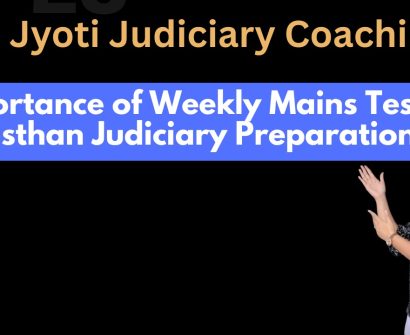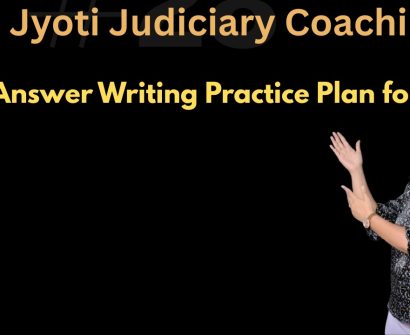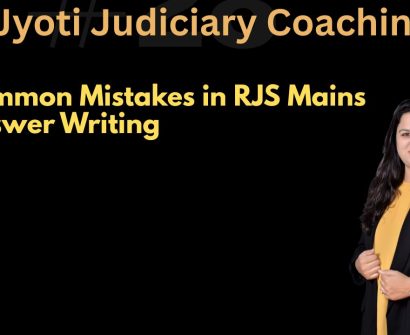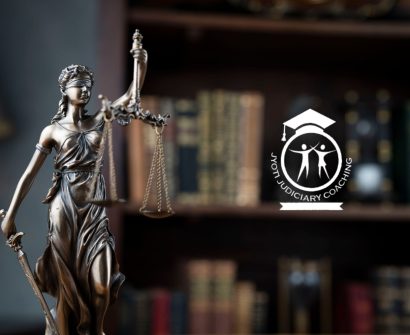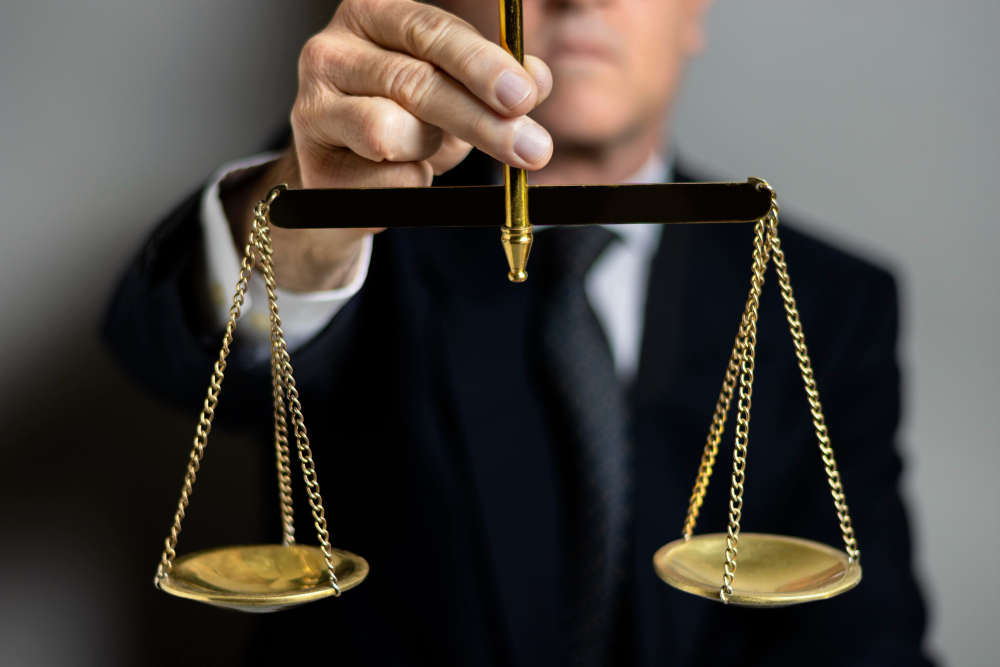
Introduction
Recently, in the case of Mathew J. Nedumpara v. Union of India & Ors. (2023), the constitutional validity of Sections 16 and 23(5) of the Advocates Act, 1961, was challenged. These provisions designate an advocate as a senior advocate if certain conditions are fulfilled. After being designated as senior advocates, they are entitled to certain privileges that are not granted to other advocates, for example, the ‘right to pre-audience’.
In this particular case, it was argued that these provisions violate Articles 14 and 19(1)(g) of the Constitution. However, the Court reaffirmed the constitutional validity of these provisions.
This article aims to present before the readers the arguments presented before the Court to challenge the constitutional validity of the aforesaid provisions and the reasoning on which the Court upheld those provisions.
Arguments advanced by the petitioner
It was argued that Sections 16 and 23(5) of the Advocates Act, 1961, violate
- Article 14 (Right to Equality)
- Article 19(1)(g) (Right to carry out any trade, occupation, profession, or business)
Section 16 of the Advocates Act, 1961, provides that
- There shall be two classes of advocates, namely, senior advocates and other advocates.
- An advocate may, with his consent, be designated as a senior advocate if the Supreme Court or a High Court is of the opinion that, by virtue of his ability to stand at the bar or his special knowledge or experience in law, he is deserving of such distinction.
- Senior advocates shall, in the matter of their practice, be subject to such restrictions as the Bar Council of India may, in the interest of the legal profession, prescribe.
The reasons cited to challenge the constitutional validity were:
- There was no intelligible difference in the classification of advocates as senior advocates.
- The classification doesn’t serve the purpose or doesn’t have a reasonable nexus with the purpose that it seeks to achieve. Hence, violating Article 14
- Such classification has rendered the legal system of India nothing but a feudalistic monopoly. Hence, it violates Article 19(1)(g).
The petitioner advanced that the advocacy system in the country is devoid of any merit. Lawyers are no longer known for their knowledge but for the manifestation of their wealth and political connections. Lawyers have lost faith in the system of merit, character, and knowledge. The system is also not recognized in the lower judiciary. Even the procedure to designate the senior advocate is flawed, wherein only people with a political connection get a chance to acquire the title. The petitioner also argued that judges, due to this system, practice favoritism and nepotism.
Court’s ruling/decision
The Court rejected all the arguments of the petitioner and held that there are only two grounds on which the constitutional validity of a statute can be challenged:
- Lack of legislative competence
- Violating Part III of the Constitution
A provision shall be struck out only when it is palpably arbitrary and discriminatory, which is not the case in the present case.
The Court reasoned that the provision is not violative of Article 14 of the Constitution, as the classification is based upon intelligible differentia and has a reasonable nexus with the purpose that it seeks to achieve. The Court opined that to be able to file any matter in the Supreme Court, an extensive and strict examination of the Advocate on Record has been provided. No advocate can walk in and file a case. Also, the classification of advocates is based on intelligible differences.
Also, to become a senior advocate, the due procedure is to be followed; hence, it can’t be said that the procedure is arbitrary. The procedure is not based on nepotism and favoritism, as it has been seen that many first-generation lawyers accord the status of senior advocates. Also, the designation as a senior advocate is to ultimately protect the interests of the client.
By putting all these points together, the Court upheld the constitutional validity of Section 16 and Section 23(5) of the Advocate’s Act, 1961.
Conclusion
The purpose of designating a senior advocate is to recognize their expertise and experience in the legal profession. Senior advocates are highly respected and distinguished lawyers who have demonstrated exceptional skill, knowledge, and integrity in their practice. Designating a lawyer as a senior advocate brings certain privileges and responsibilities. Senior advocates are given priority in the hearing of cases and are often called upon to provide expert opinions or arguments in complex or important legal matters. They are also expected to mentor and guide junior advocates, contributing to the development and advancement of the legal profession. Considering all these things, the designation doesn’t violate Article 14 of the Constitution.
However, it is important to note that the designation of senior advocate does not grant any additional powers or authority beyond those already conferred by law. The role and responsibilities of a senior advocate are governed by the rules and regulations of the legal profession, as well as the specific guidelines set by the court or bar council.
The designation as a senior advocate has already been upheld by the Supreme Court on earlier occasions in Indira Jaisingh v. Supreme Court of India.
Significance of the Topic
Judiciary coaching always recommends that judiciary aspirants remain in touch with recent and landmark rulings of the Supreme Court. Such rulings must be reflected in the answers of the candidates. It makes a good impression on the examiner. Apart from that, judiciary coaching suggests that these kinds of topics are really important for the interview preparation. As someone who is going to serve in the judiciary profession, it is very much expected from the aspirants that they do understand the terminologies of the legal system, one of which is designation as a senior advocate. The topic is significant for the essay also.

